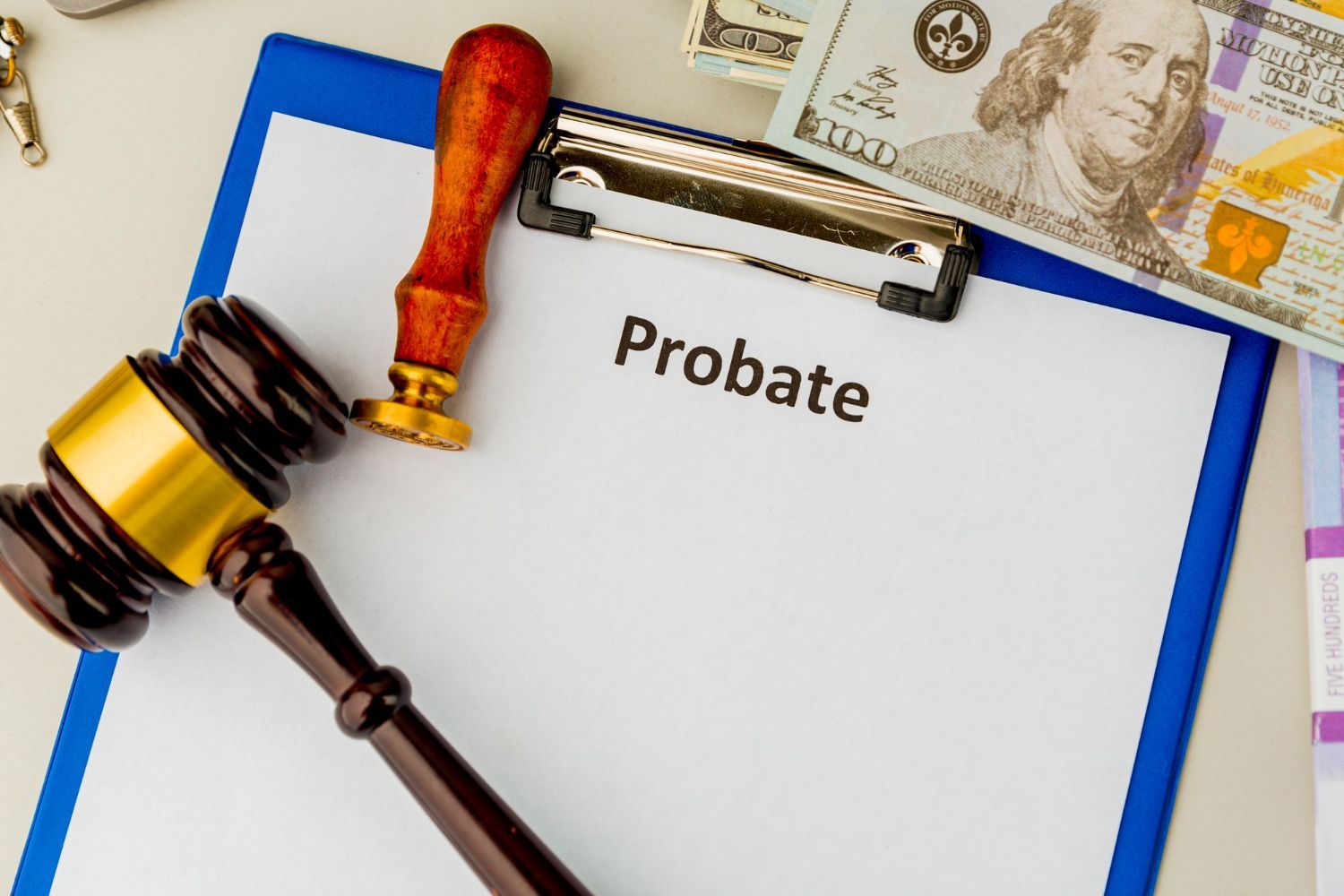Estate Planning Strategies for Business Owners in Georgia
For business owners in Georgia, estate planning plays a big role in protecting what they've built and making sure their wishes are honored. A strong estate plan doesn’t just handle what happens after you're gone. It also helps protect your business, your loved ones, and your future while you’re still here. Without a plan, your personal and business assets can get tangled in court disputes, tax issues, or conflicts between family members.
Estate planning isn’t something only older people or the extremely wealthy need. If you own a business, big or small, it’s time to have a plan in place. From who takes over operations to how your assets are distributed, it’s about keeping your life’s work going and removing stress for your loved ones during hard times. This article breaks down the key pieces every Georgia business owner should know when it comes to estate planning.
Setting the Foundation: Basic Estate Planning Documents
Before getting into ways to protect your business or reduce taxes, start with the basics. These documents are the core of any estate plan. They help cover your personal wishes, healthcare choices, and financial decisions if you're unable to manage them yourself.
Here are the key documents to get in place:
- Will:
A will clearly outlines what happens to your personal property and business shares after death. Without one, Georgia law decides, and that may not match your wishes.
- Trust: A trust allows you to spell out when and how assets are shared. It can also help avoid probate and gives privacy to your family.
- Power of Attorney:
This allows someone you trust to make financial decisions if you’re not able to.
- Health Care Directive: Also called a living will, this lets others know your medical preferences and names someone to speak for you if you become incapacitated.
Many business owners don’t realize how quickly things can shift if something happens suddenly. If you’re hospitalized and no one’s authorized to step in, even simple business actions can stall. Having a power of attorney and healthcare directive in place means someone you trust can act fast, keeping things stable both at work and at home.
Getting these documents in order is an important early step. They allow for smooth decision-making and give you peace of mind knowing that you're covered if the unexpected happens.
Asset Protection Strategies
Once the fundamentals are set, turn your attention to protecting what you've built. In Georgia, business owners face many potential issues like lawsuits, creditors, or internal disputes. Asset protection strategies help shield what matters.
A few options to consider:
- Forming a Trust:
Certain trusts, such as irrevocable trusts, can help protect assets from personal liability by legally separating ownership from your personal name.
- Business Succession Planning:
Think about who should take over when you're no longer able to lead. Having your succession plan written out removes guesswork and prevents fights between family, staff, or partners.
- Life Insurance:
Life insurance can offer financial support to your family or business partners. A policy can help pay estate taxes, give loved ones cash flow, or help a co-owner buy out your share of the business.
These strategies are about more than protecting wealth. They help you stay in control of how your business and personal assets are used or passed on, and they give your family some direction when you're not there to guide them.
Tax Considerations and Planning
Taxes can have a major impact on what your heirs receive and how your business continues. Without proper planning, unprepared families may face lengthy delays and large bills.
Georgia business owners should look at:
- Lifetime Gifting:
Giving away some assets while you're alive can reduce the taxable value of your estate. It's a way to share now and save later.
- Using Trusts:
Certain trusts help limit how and when assets are taxed. They offer more control and may reduce what is owed by your estate.
- Life Insurance Planning:
Insurance proceeds can be used to pay off taxes or keep your business running, easing financial pressures on those you leave behind.
- Charitable Giving:
Donating money, stock, business shares, or property not only supports causes you value but could also help reduce taxable estate value.
Every plan should reflect Georgia’s state-specific tax rules. While federal tax law gets most of the attention, state-level rules can be just as important. That’s why it’s important to keep your estate plan updated, especially when new legislation rolls out or your own circumstances change.
Safeguarding Digital and Physical Assets
These days, digital property is just as valuable as physical property. If your plan misses these details, your heirs could be locked out of important systems.
Protect important digital property like:
1. Business websites and domain names
2. Online payment or eCommerce accounts
3. Cloud storage and internal databases
4. Social media accounts and client platforms
Create a secure record of usernames and passwords, and update it regularly. Make sure you list who has access and what they’re allowed to do. Include clear instructions in your estate documents that follow Georgia laws on digital access.
Don't overlook physical assets. Property titles or ownership records for vehicles, commercial equipment, and real estate should be kept current. This makes for fewer delays or disputes down the line.
Blended families and special needs situations often require extra care. If you're remarried or support someone with special needs, generic forms won't work. You might need to create targeted trusts or instructions to avoid family conflicts and make sure your loved ones are properly cared for. The more clearly everything is spelled out, the less confusion and disagreement there will be later on.
Making Your Plan Work for You
Everyone’s life is different, so your estate plan should reflect who you are and what your goals are. Generic documents might not protect your business or relationships the way you need them to.
Here are a few important questions to ask yourself:
- Who’s depending on you and how?
- What do you want to happen to your business?
- Should any part of the company go to your children or specific staff?
- Are there family tensions that need to be handled carefully?
Once you’re clear about those points, building out a plan gets easier. Your attorney can help craft the right legal tools to carry out your wishes, whether that means trusts, insurance, or specific language in your will. Make sure you review your plan after life changes like a birth, marriage, divorce, or selling part of your business.
An estate plan isn't just about someday in the far future. It's about living with more certainty now. With the right support and custom strategies, you can protect your business, avoid unwanted legal fights, and trust that your voice will guide things even when you're not there.
Creating a comprehensive
estate planning strategy helps ensure your business and loved ones are taken care of. At McGinn Law, we understand the unique challenges faced by entrepreneurs in Georgia. Our team is ready to guide you through the process with plans tailored to your specific needs.
Secure your legacy and give your family the peace of mind they deserve with McGinn Law by your side.





